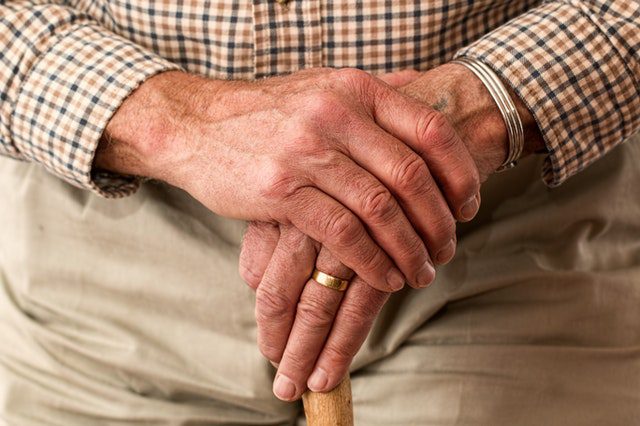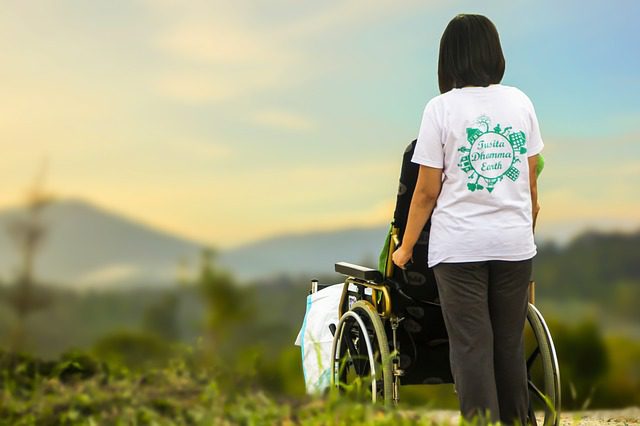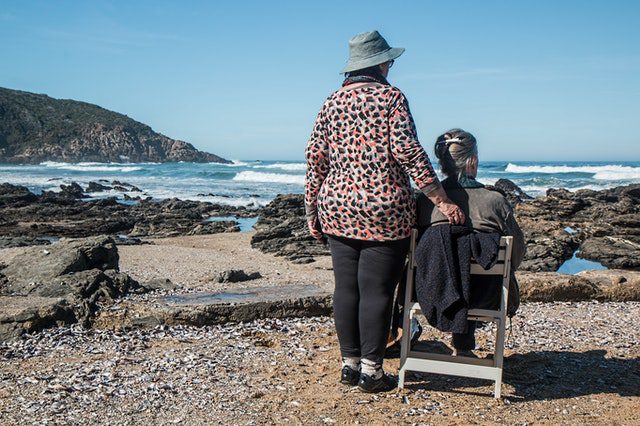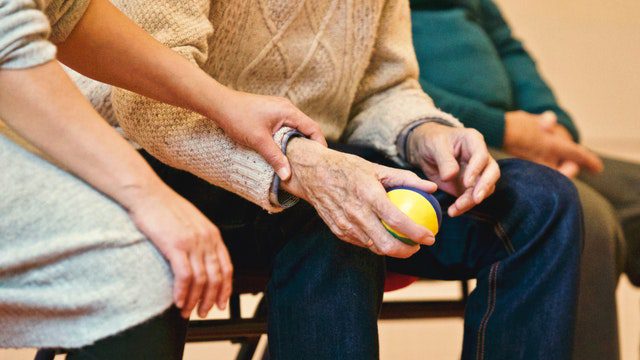
Lives and Challenges of the Elderly Transgender Community
Transgender older adults are an often-overlooked demographic in more ways than one. LGBT+ people and transgender people who are now advancing in age faced intense degrees of stigma and discrimination during their youth, and gender identity was pathologized during that time as well. This resulted in many transgender people delaying coming out and transitioning for fear of this discrimination and pathologizing. Nevertheless, they have overcome profound challenges to get to where they are in life, and their fight is not yet over.
Furthermore, transgender older adults were forced to live stealth when they first came out, so the thought of being discovered now can be pretty frightful. This is one of the key challenges that they face when having to enter ill-prepared nursing homes. Transgender elders routinely encounter housing discrimination, violence, and employment discrimination due to their gender identity. Due to other social challenges that they have faced for most of their lives, they often face a number of financial barriers that include exclusion from medically necessary treatment related to their transition. These treatments are also excluded from public and private health insurance that are ill-prepared to meet their needs.
We have an obligation to create residential environments where these sort of key challenges are eliminated, and transgender older people can live the last part of their lives in peace where they are respected. A place where transgender older people and their lesbian, gay, bisexual, and other LGBT+ counterparts do not experience striking disparities in the services they receive compared to what cisgender heterosexual elderly people can expect.
The National center for transgender equality continues to work on LGBT+ aging issues and continues to publish key findings that highlight the profound challenges that LGBT+ aging communities face. It is our hope that the LGBT+ aging communities will no longer have to experience striking disparities in the quality of their health care services.
Ill-prepared institutions should be educated, and staff should be trained to provide culturally competent care to lesbian, gay, bisexual, and transgender older people. This is the ideal that the national center for transgender equality is working towards for LGBT+ aging communities.

Physical and Mental Health Care Access
Some measures are in place to improve access to physical and mental health care. For example, the LGBTQIA+ Aging Project (also called the LGBT+ Aging Project) which is active in the New England area of the United States. The American Psychiatric Association is also running active initiatives for inclusive care.
Despite these measures that are in place, many transgender elders routinely encounter mistreatment, and there is a marked lack of culturally competent care available to both transgender older adults and LGBT+ elders. This leads to disproportionately high numbers of poor health outcomes and even suicides in lesbian, gay, bisexual, and transgender elderly communities.
Culturally Competent Care
There is a well-established need for health care services to provide culturally competent care among health and human services available to transgender older adults. Many transgender elders have to struggle to find health care providers who understand the LGBT+ community and their unique needs.
The health care system is infamously ill-equipped to deal with transgender needs. National Center for Transgender Equality and the National Gay and Lesbian Task Force published a study in 2011 that outlines the pervasiveness of mistreatment across the board by mainstream elder service providers and other health care services, including mental health care and drug rehabilitation programs. This report serves as a clear roadmap for the challenges faced by the LGBT+ aging population.

Gender Identity and LGBT+ Elders
Many of the challenges faced by LGBT+ Elders are the same as the cisgender and heterosexual populations, but there are additional factors to consider. LGBT+ aging populations within this age demographic are less likely to have children than their cisgender and heterosexual counterparts. Therefore they are likely to have far less support.
In this category, we must also include gender-nonconforming older adults as they are also often left out. Individuals within these communities often face pervasive, profound challenges and receive very little community support, as is outlined by the national center for transgender equality.
It is not uncommon to hear of cases where transgender older adults were denied health services based on their gender identity and even cases where they were denied their medically necessary hormone treatments for maintenance of their gender transition, which they have been on for many years. This is a gross and unforgivable failure to provide culturally competent care.
National Center for Transgender Equality
According to the National Transgender Discrimination Survey, conducted by the national center for transgender equality, 70% of transgender older adults aged 65 and older delayed their transition due to fear of employment discrimination. About 13% of transgender older adults aged 65 and older reported using substances to cope with mistreatment. At least 16% of transgender older adults aged 65 and older indicated that they had attempted suicide at least once during their lives.
This creates a deep concern for the overall well-being of this population. It seems that many transgender elders do not have access to quality care and that health and human services are ill-prepared to offer care to older adults belonging to these minority communities.
Transgender older adults often avoid seeking medical and psychiatric help for physical and mental health problems until they escalate into emergencies because they fear having to deal with health care workers and mental health care providers. This is a clear and disturbing indication that the health care system is not equipped to deal with gender identities.
One must stop to wonder what kind of society we find ourselves in when not even the elderly can rely on receiving health care in safe and respectful ways.

Hormones and Transgender Aging
It is essential for transgender older adults to receive continuous care for their hormone therapy regimes. This is something that has to be adjusted as age progresses and requires regular and careful monitoring in order to maintain ideal physical and mental health.
It is no secret to anyone that hormone treatment is a medically necessary treatment and is clearly defined as such, but still, many transgender elders routinely encounter situations where they are denied access to their hormones, or they are ignored or even abused for service workers just because they are transgender. This is a clear and fundamental failure within the health care system when not even trained professionals can provide culturally competent care to one of our most vulnerable populations.
Advocacy Efforts
Sage is quite active in advocating for the rights of transgender older adults and LGBT+ older adults. Together with the National center for transgender equality, they have published a detailed study of the problems faced by these elders and provided guidelines of what needs to be improved.
The National Center for Transgender Equality on its own has also engaged in a lot of advocacy activity. The organization is formally recognized and well represented and has several programs running across the nation.
The National Resource Center on LGBTQ+ Aging provides technical assistance to LGBT+ older adults and transgender older adults in an effort to ensure that they receive the care that they need and deserve. They have a hotline that can be used for help; they also have a library (national resource center) of resources, provide education, and can refer people in need to appropriate care providers.
The American Psychiatric Association is also clear on their expectations and the standards of care that they expect to be offered to LGBT+ older adults as well as transgender older adults.
The Movement Advancement Project also provides support, advocacy, and information with regards to transgender health among the older adult population, including gender-nonconforming people.
There is also a range of smaller LGBT+ organizations across the states that have their own programs running and even provide assistance to many transgender older adults who need health care access.
All of these organizations are aware of the profound challenges faced by trans people in general, including transgender elders. They all advocate for the entire health care system to provide culturally competent care to all transgender individuals and the gender non-conforming community.

Ideals of Transgender Equality
There is an active push towards transgender equality or the greater transgender population, and this includes LGBT+ people and gender non-conforming people. There is more than one non-profit organization dedicated to this cause, along with various other organizations.
The movement calls for all gender identities to be treated with respect and dignity and the downfall of the horrible things that many transgender elders routinely encounter. Transgender aging should be as natural a process as cisgender aging. The National center for transgender equality is a big role player in these movements.
Health Care Access
This is one of the main issues in transgender equality and affects everyone from children to older adults. No one should be denied access to health care based on their gender identities. Furthermore, transgender patients should be treated with respect and dignity as any other patient would be.
Create Residential Environments
They also strive to create residential environments where people of any sexual orientation or gender identity can live their true lives, and their gender identities can be affirmed and respected. Where LGBT+ older adults do not experience striking disparities the way that they do among the general population. They want to create residential environments where the aging issues of transgender older people can be treated without discrimination or other issues, where community living can provide support.
Financial Security
Many LGBT+ people experience striking disparities in their financial situations due to discrimination making it difficult for LGBT+ people who are now advancing in age to have kept good jobs or even obtained further education in their youth.
It is for these reasons and more that we as a society need to step up and advocate for fairness and equality for this sort of minority population, most especially in what is supposed to be their twilight years.



